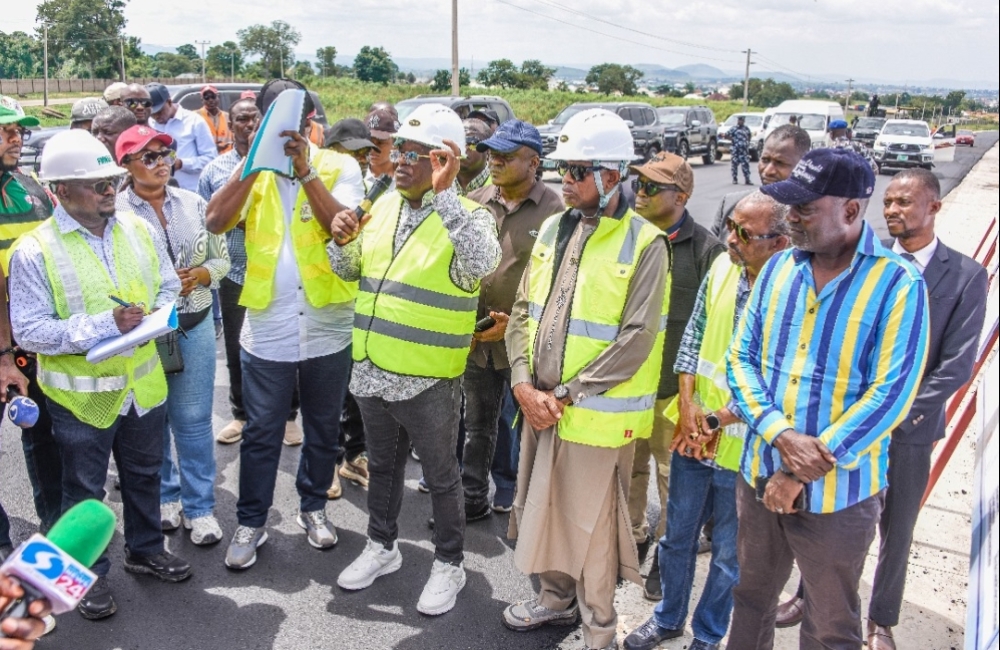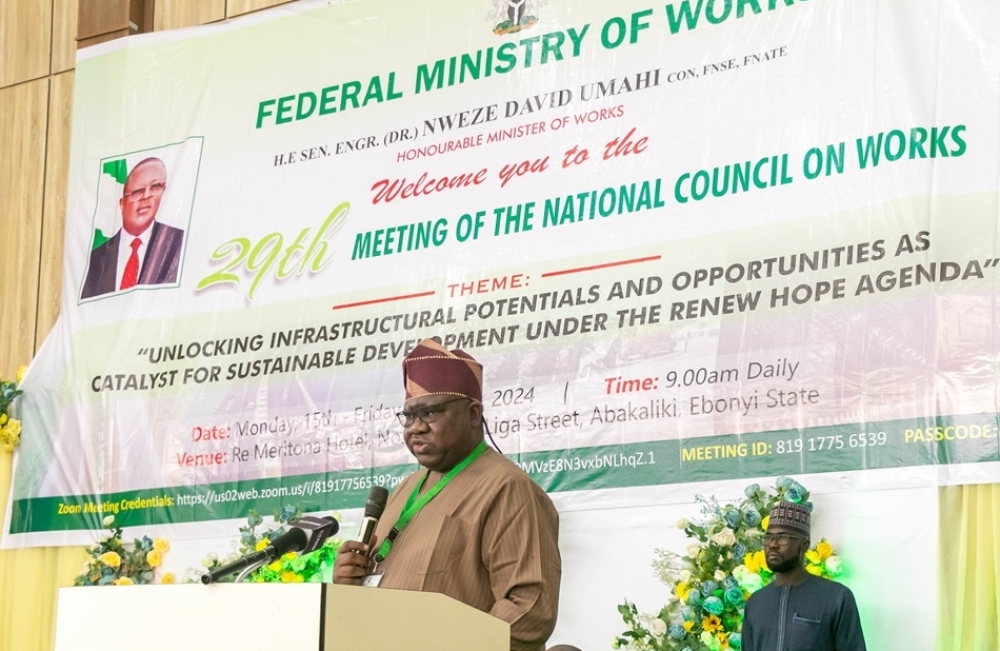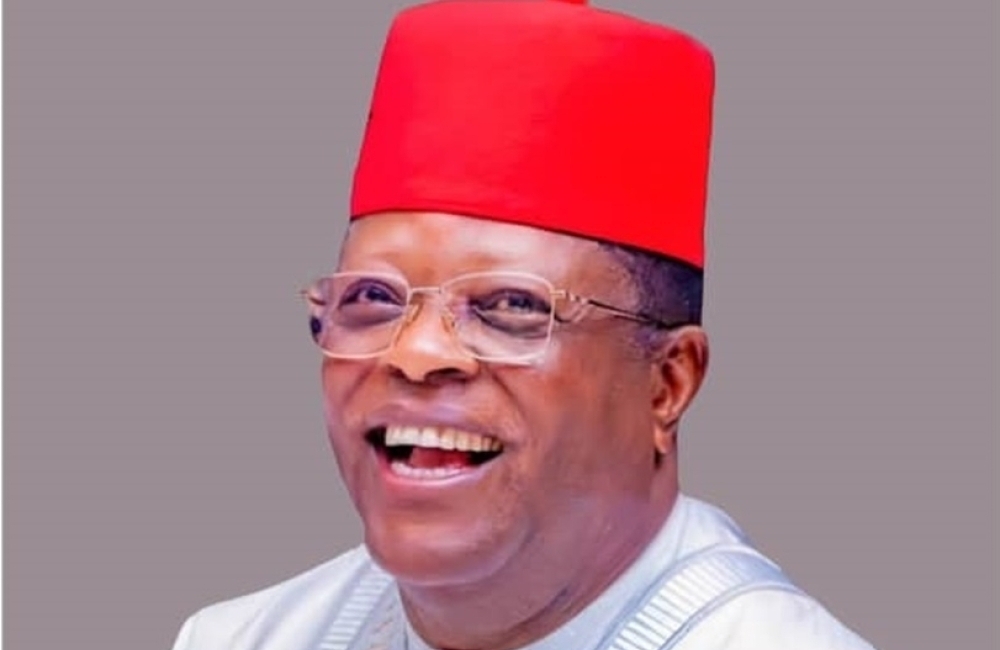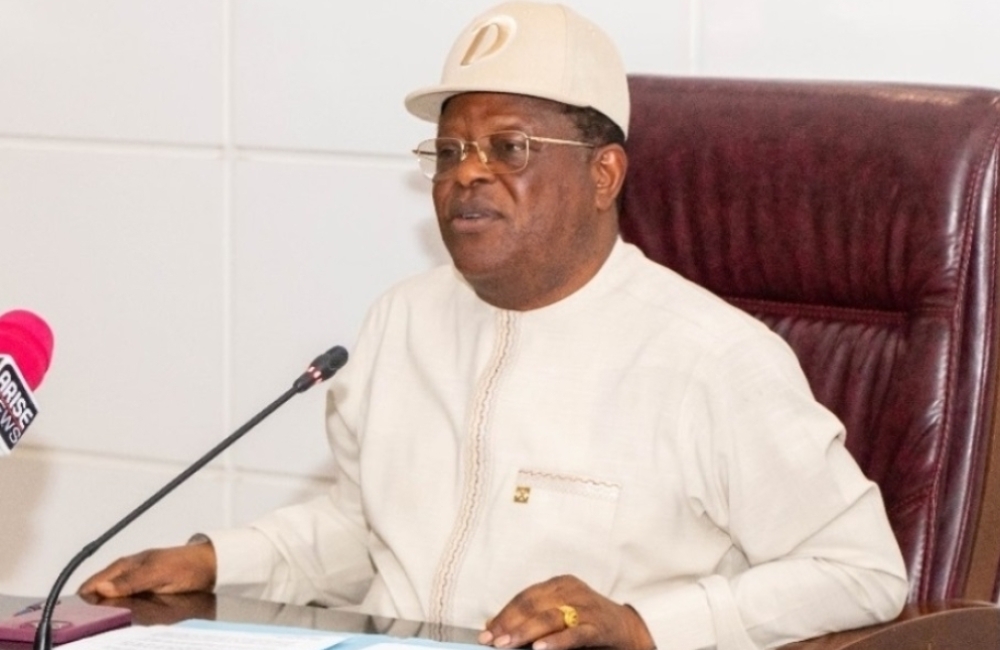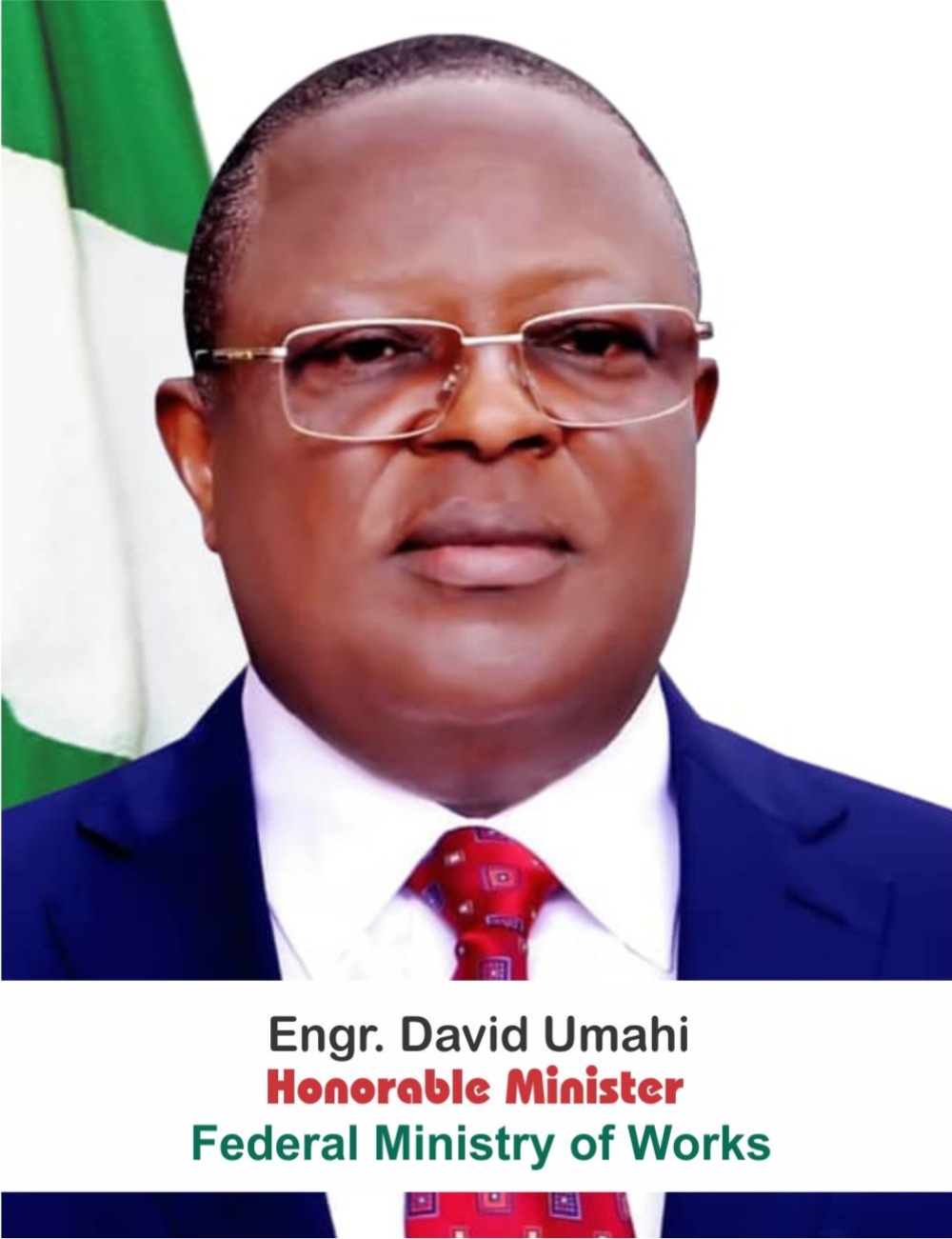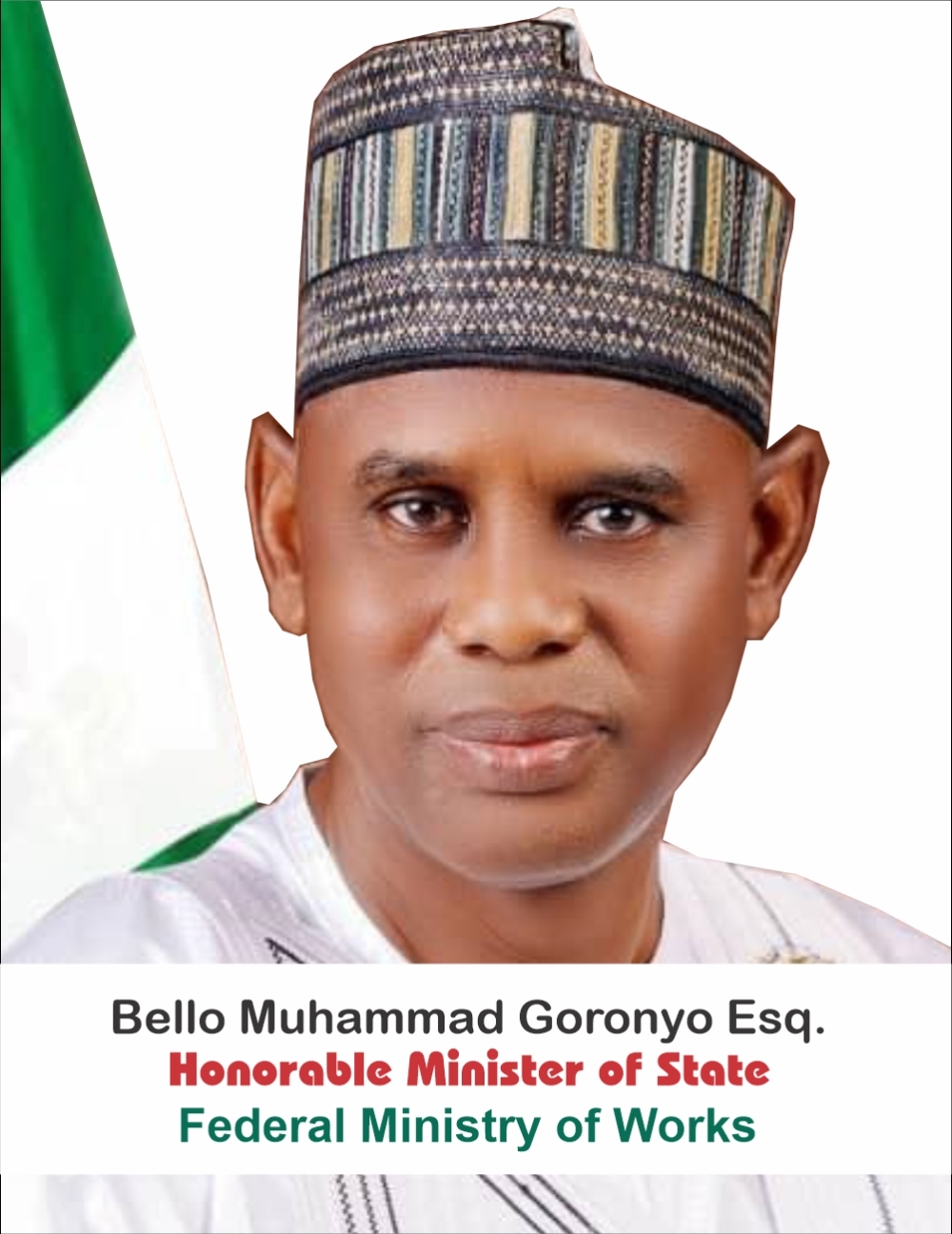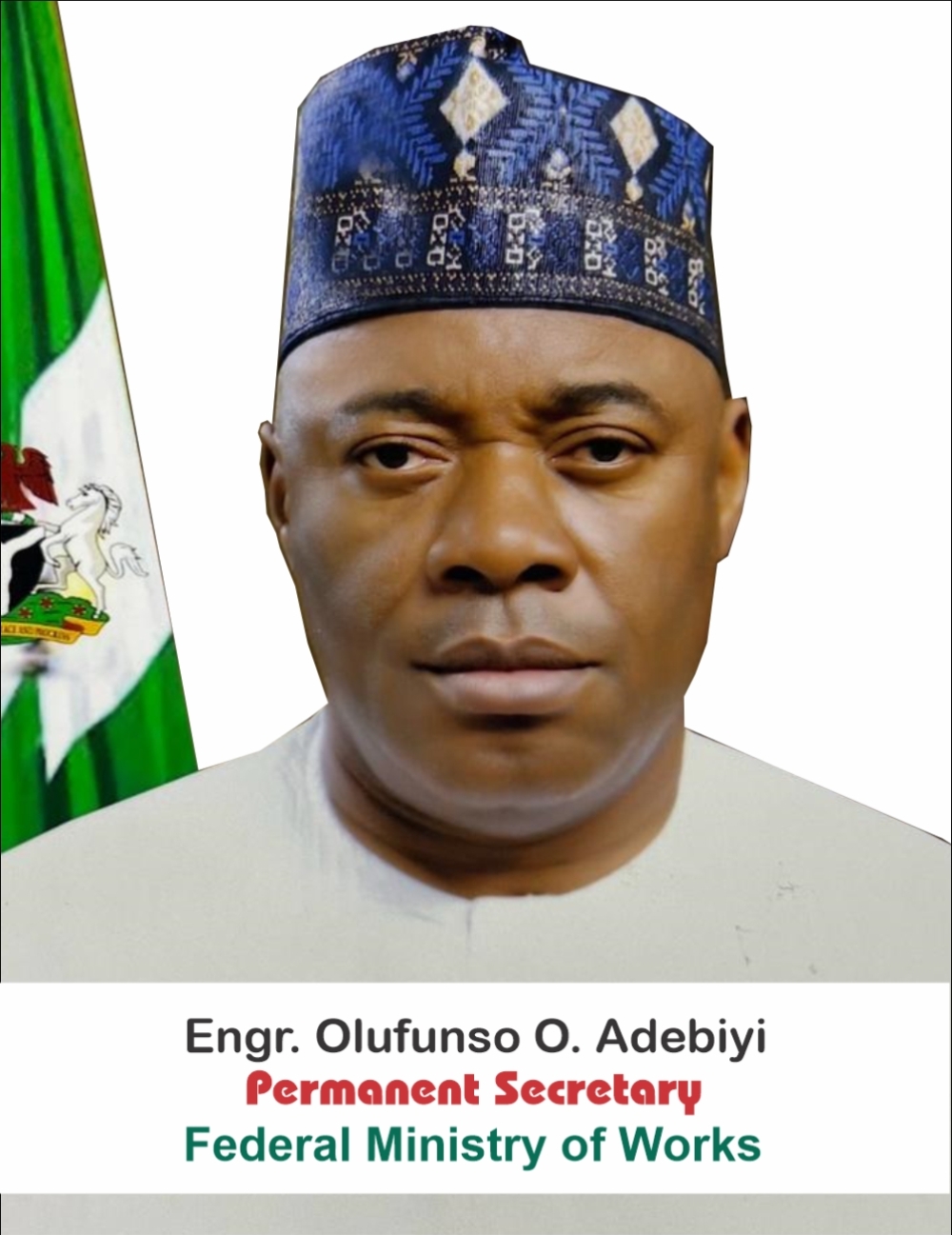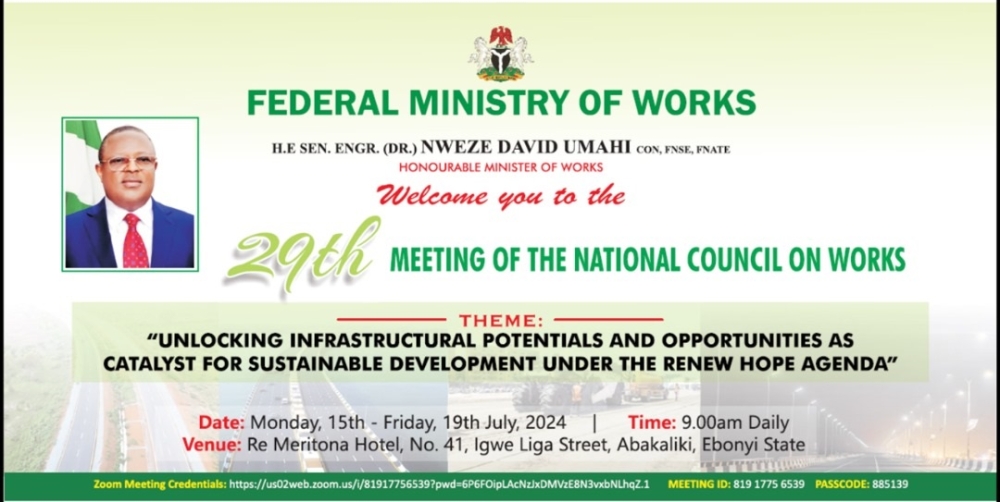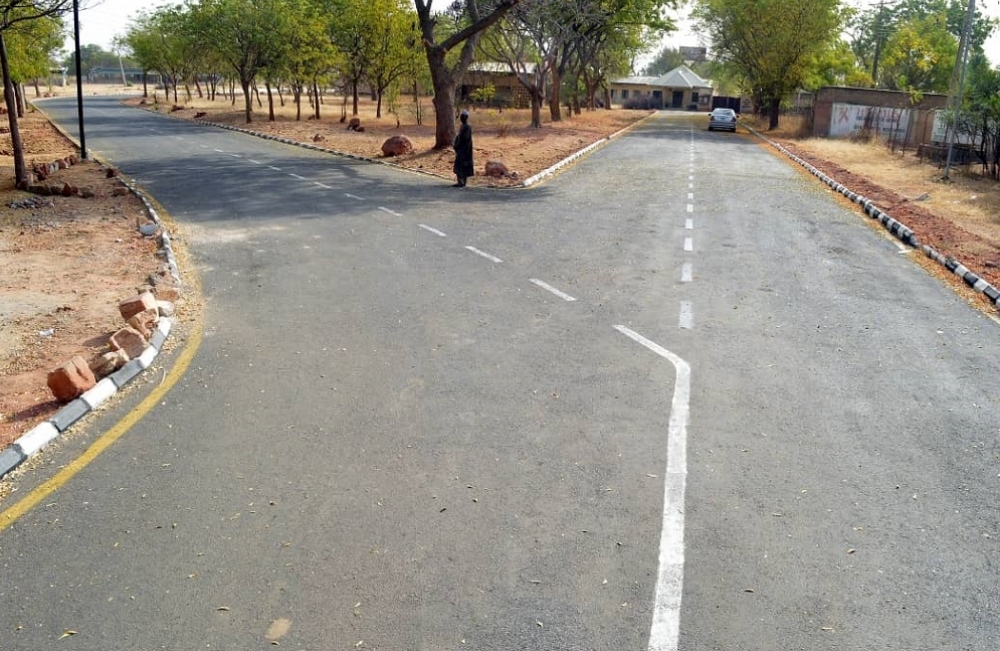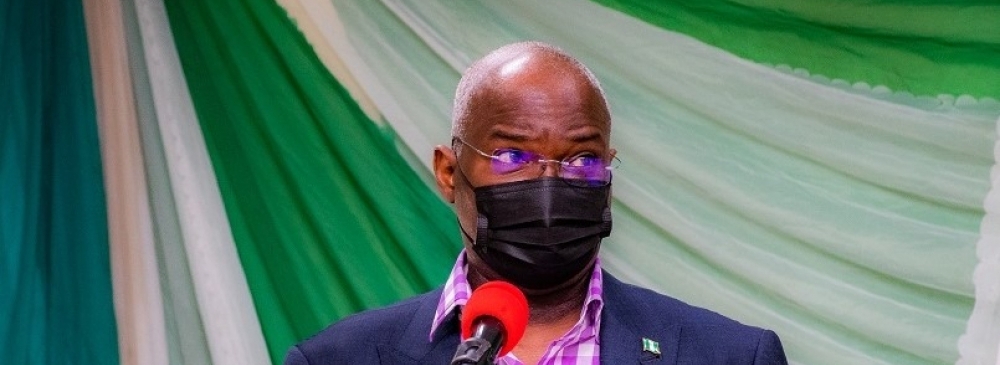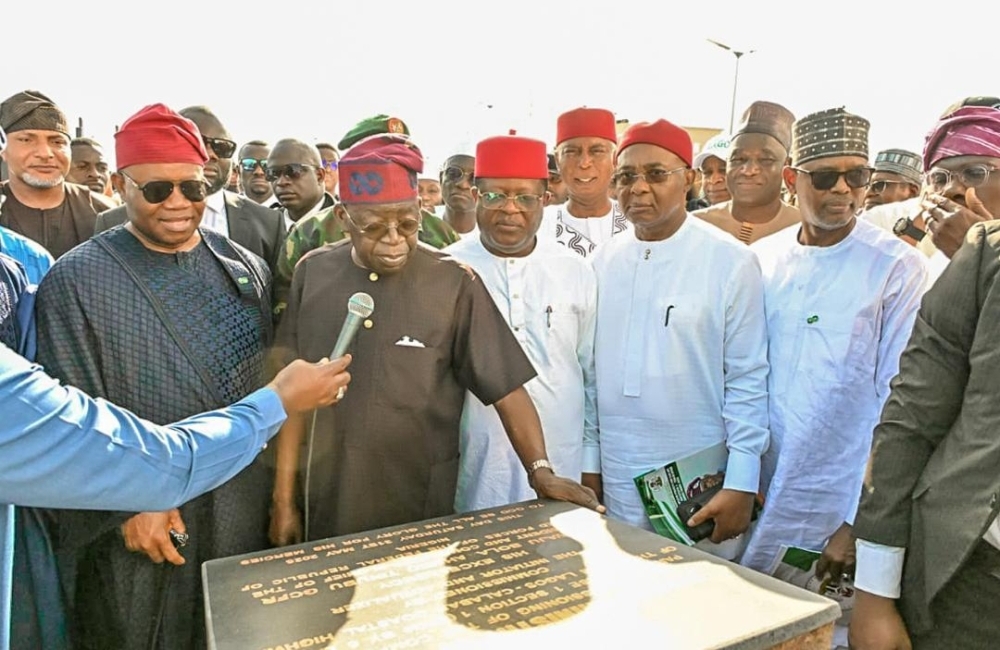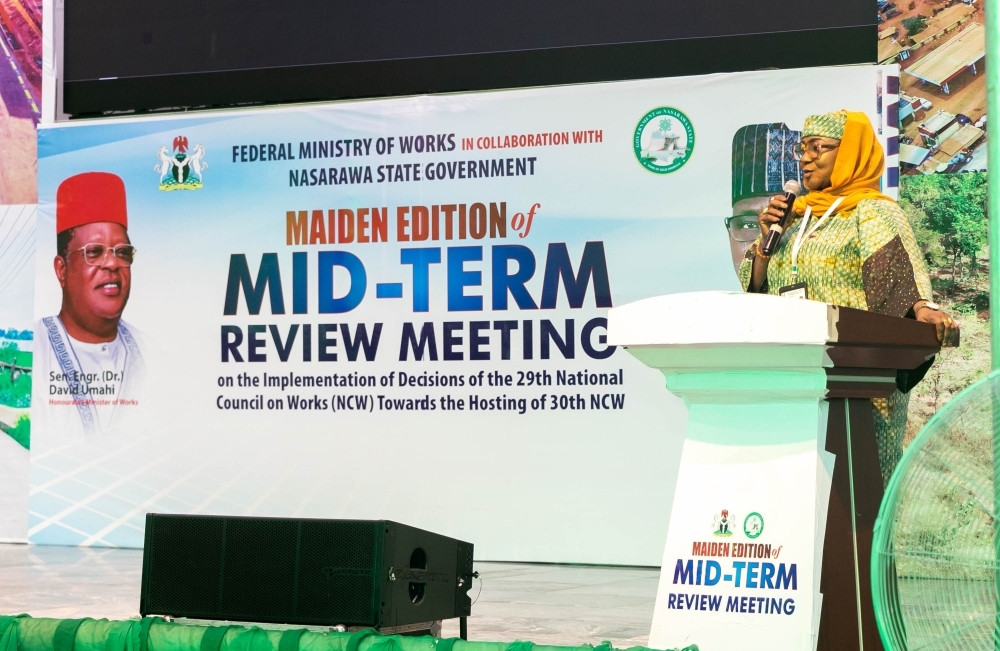KEYNOTE SPEECH BY H.E BABATUNDE RAJI FASHOLA, SAN AT LAGOS BUSINESS SCHOOL EVENING WITH THE MINISTERS SERIES HELD ON SEPTEMBER 29, 2021
Distinguished Ladies and Gentlemen:
The compelling part of the LBS’ invitation letter to me dated August 31st 2021 signed by Dr. Franklin N. Ngwu is the part which talks about:
“…the need for more public/private sector dialogue and collaboration for Nigeria’s inclusive and sustainable economic growth and development.”
It is about those 3 (three) things: inclusiveness, sustainable growth and development that I wish to focus my intervention today.
But before I do so, let me push back against the part of the letter that says that:
“Some key constraints such as limited trust, lack of information on the opportunities available, impact of policies and business and operational frameworks of engagement limit their collaboration.”
The first question I wish to ask is “limited trust” on whose part?
My appeal to those who have a one-sided view of the public sector is to stand back and take a hard look at the antecedents of many of those who now occupy leadership positions in the public sector.
What you will see is that many of them, including me, spent a sizable part of their careers in the private sector.
Have we become unworthy of trust because we chose to serve?
And speaking of information or lack thereof about opportunities and policies, I recall that it was to this business school that we came for the launch of the Highway Development and Management Initiative (HDMI) to share information and opportunities regarding the planned concession of 12 highways spanning over 1,000 km of federal road network, and the opportunity for investment growth and job creation.
It is the largest highway concession ever undertaken on the African continent with the potential to create 5,000 direct jobs and 200,000 indirect jobs if successful.
We did not go to a foreign business school to launch the initiative; and there are many we could have gone to, if we so desired. We came to the Lagos Business School, because we wanted a homegrown success.
By way of updates, even though LBS has not come back to ask for one, I can report that out of 75 applicants, 18 have been prequalified, and will soon be requested to submit requests for proposals, environmental and social impact studies are concurrently being undertaken and the national tolling policy has been approved to guide the development of business plans.
Of course, as far as providing information about development and growth goes, many of us regularly brief the public about projects, I go on many project inspection tours to highlight what is going on.
Every quarter, the National Bureau of Statistics (NBS) releases reports about the growth situations in the economy.
What I have observed of course is that the negative results are readily acceptable and pleasing to some people, while they question the data when the same Bureau announces positive quarterly economic performances.
I will now return to the 3 (THREE) issues of:
a) inclusiveness;
b) sustainable growth and
c) development
But first, I must set the context.
Between the period 2012 to 2015 Nigeria‘s economy was reportedly growing at between 5% to 7%. But if we all take time to go back to the reviews and reports in the media at the time, the overwhelming response was that it was “jobless growth or “non-inclusive growth.”
This was the story then and it is not a new story. The other context before we proceed is to remind ourselves that at the peak of that growth, sometime in 2014, the then Minister of Finance issued a statement that Nigeria was heading towards a recession.
These were her words:
“There are some difficult moments out there in the international economy and we have noticed a downward slide in oil prices in recent weeks. Nigeria may not be so lucky to avoid recession this time as it did during the last economic meltdown.”
The question to ask is a recession under who’s watch?
My response is that it did not matter who was managing the economy, the recession was inevitable. We had consumed all the prolific and extraordinary income we earned from high prices of crude oil sales.
We did not invest them in infrastructure, new hospitals, universities, rail, bridges, broadband rollout, airports etc.
So the logical issue would be, what is the plan to get out of the recession?
Before I proceed let me quickly deal in broad strokes with some of the things that happen during a recession.
One of them is that it is the “services sector” that first feels the pinch, and when growth returns the services sector is the last to recover and that is when the feel-good factor returns. I will come back to this.
So in deciding what to do when the recession beckons or happens, the first thing to look at is who is managing the economy and what views do they espouse, because this is likely to shape the choices they will make.
Regrettably, many have again fallen into the error of believing the one-sided story that there is no ideology in Nigerian politics or in the political parties.
Nothing could be further from the truth and any worthy scholar who goes through the various party manifestoes will find not only differences but also similarities and this is one thing I commend for further study and analysis by this business school.
Whilst I will do my best not to be overly partisan, I find it difficult to effectively discharge my task without linking policy to politics.
For example, my party professes a progressive ideology and what this simply means is a “commitment to improving the human condition” and this is one difference between us and the others.
Ask them what they profess?
The other difference is that in 6 (SIX) years we have ensured that the average Nigerian remembers what we committed to: anti-corruption; economic development and security. This is a major reason why we have been held accountable.
You have to go back to 1993, (28 years ago); or further back to 1978 (43years), to find a political era where the public remembers what the parties promised during the campaign.
In MKO Abiola’s SDP, the party manifesto hinged on Energy, Rural Development, Education and Defence. In UPN, Awolowo’s 4 (FOUR) cardinal points (Free Education, Free Health Services, Integrated rural development, Employment) were examples of political promises or ideology so clearly articulated and retained.
This is another difference between us and them, and I challenge many here to ask themselves if they can remember two or three things they were promised in the 16 years before us.
With this background I will now go back to the choices for getting out of recession; because we inherited the doomsday which was foretold.
As I have said earlier, in over five years when oil sold about $100 per barrel, we did not invest in infrastructure.
The 2015 Federal Government budget left by our predecessors for Nigeria’s road network was N18 billion, less than the 2015 budget for roads in Lagos State of N31 billion. (Office of Infrastructure budget)
The said budget had a 15% capital component and 85% of the recurrent component. A budget says a lot about what the Government wants to do. Consume 85% and invest 15%, at the time that oil prices were high.
This is another area of vast policy difference between us and them because from the first budget of 2016 we committed to a minimum of 30% capital investment in the annual budget and an expansive infrastructure investment to boost growth, facilitate development and create jobs.
With oil revenues averaging $43 per barrel in 2016, the works budget for roads was cast at N200 Billion naira, an increase of 1011%.
This pattern has continued to date, where we are spending even more on infrastructure with far less resources.
We must remember that with very high oil prices the total FGN budget in 2015 was N4.4 Trillion while the first budget passed under this administration was N6.06 Trillion.
The Economic Recovery and Growth Plan (ERGP) 2017 - 2020 which was developed as the pathway to recovery from recession was underpinned by infrastructure investment as it committed to:
a) Achieving a stable microeconomic environment;
b) Creating a globally competitive economy and
c) Investing in the Nigerian people.
Apart from over 13,000 km of roads and bridges now under construction or rehabilitation nationwide, hitherto very difficult projects, like Bodo-Bonny Bridge, Lagos-Ibadan Expressway, Abuja-Kano Expressway and Second Niger Bridge now underway and heading towards completion before 2023, a generation of Nigerians can now travel by rail in their own country from Lagos to Ibadan and Abuja to Kano for the first time after a very long hiatus.
This did not happen in 16 years before us.
You may not like how we look or what we say, you may even disbelieve what we say but you cannot disbelieve what we have done with limited income on infrastructure.
This is another difference between us and them.
There is yet another difference and it relates to how we the progressives have chosen to deploy resources.
Between 1999 and 2015 all the infrastructure we are talking about today were crying out for attention.
In spite of prolific oil resources in between that period, I ask anyone to show one bridge, major highway, airport or a rail project that our country built.
I will remind you that in 2005 we choose to pay $12.09 billion to negotiate a Paris debt forgiveness when there was infrastructure crying out for attention.
However, by 2015 the debt stock we inherited was $10.3 Billion in spite of prolific oil resources.
That was a policy choice. No debt, no infrastructure while population grows.
On the contrary, with limited resources and commitment to expansionary fiscal investment and infrastructure to improve the living conditions of Nigeria, our budgets have been deficit budgets funded by debts to invest in infrastructure.
It is our belief that instead of increasing the tax burden of Nigerians, if we borrow to build infrastructure, small businesses who need broadband, rail, roads, bridges and other infrastructure will improve their efficiency and create opportunities.
This can only lead to the inclusiveness, sustainable Growth and development that my invitation letter speaks about.
The Economic Recovery and Growth Plan that we developed to address the recession that our predecessors predicted has worked.
By the second quarter of 2017 we were out of the recession that started in Quarter 2 of 2016 and we recorded 12 consecutive quarters of growth until COVID-19 struck.
By staying true to our core beliefs and by developing the Economic Sustainability Plan to deal with the COVID-19 impact, we came out of a second recession which was global and we now have a 5.1 GDP growth in Quarter 2 with services sector growing at 2.8%.
Remember I told you that the services sector is the last sector to recover after recession and this result is therefore clear evidence that the economy is on the mend and we must sustain it and expand it. In this regard I urge cautious optimism.
If you still think we are the same, let me share with you two different quotes from two sides of the divide to disabuse your minds.
The first is by the Vice-Presidential candidate of the main opposition party during the last elections in 2019.
This is what he said on August 8th 2021 about how to grow the economy.
“You cannot use infrastructure to drive economic growth…taking people out of poverty is not magic.”
But contrast President Buhari’s views expressed in Owerri on 9th September 2021 when he said:
“If we fix infrastructure, people will get on with their businesses.”
I am persuaded that President Buhari gets it.
His contemporary in the USA (a country held out as the example to follow) also gets it when he said:
“The American Jobs Plan will generate historic job growth, historic economic growth, help businesses to compete internationally, create more revenue as well. They are among the highest-value investments we can make in the nation — investing in our infrastructure.”
What limits or enhances the capacity of business is the infrastructure in the environment they operate.
The better the infrastructure the more efficient business becomes and the more productive and prosperous they will be.
If they can move goods and services in quicker time, through ports, rail and road, if they can transact financial services through reliable broadband, move fuel through new pipelines like the Ajaokuta-Kaduna pipeline project, if they can traverse about 40 kilometres on the Bodo-Bonny Bridge on land rather on canoes through the creeks, businesses will prosper and the economy will grow.
This in part is what the enablement of this private sector by the public sector means; in addition to fiscal and monetary policy.
This is a clear road to sustainable growth; and it is growth that will need more people to manage it thereby achieving inclusiveness.
Thank you for listening.
Babatunde Raji Fashola, SAN
Honourable Minister of Works and Housing
